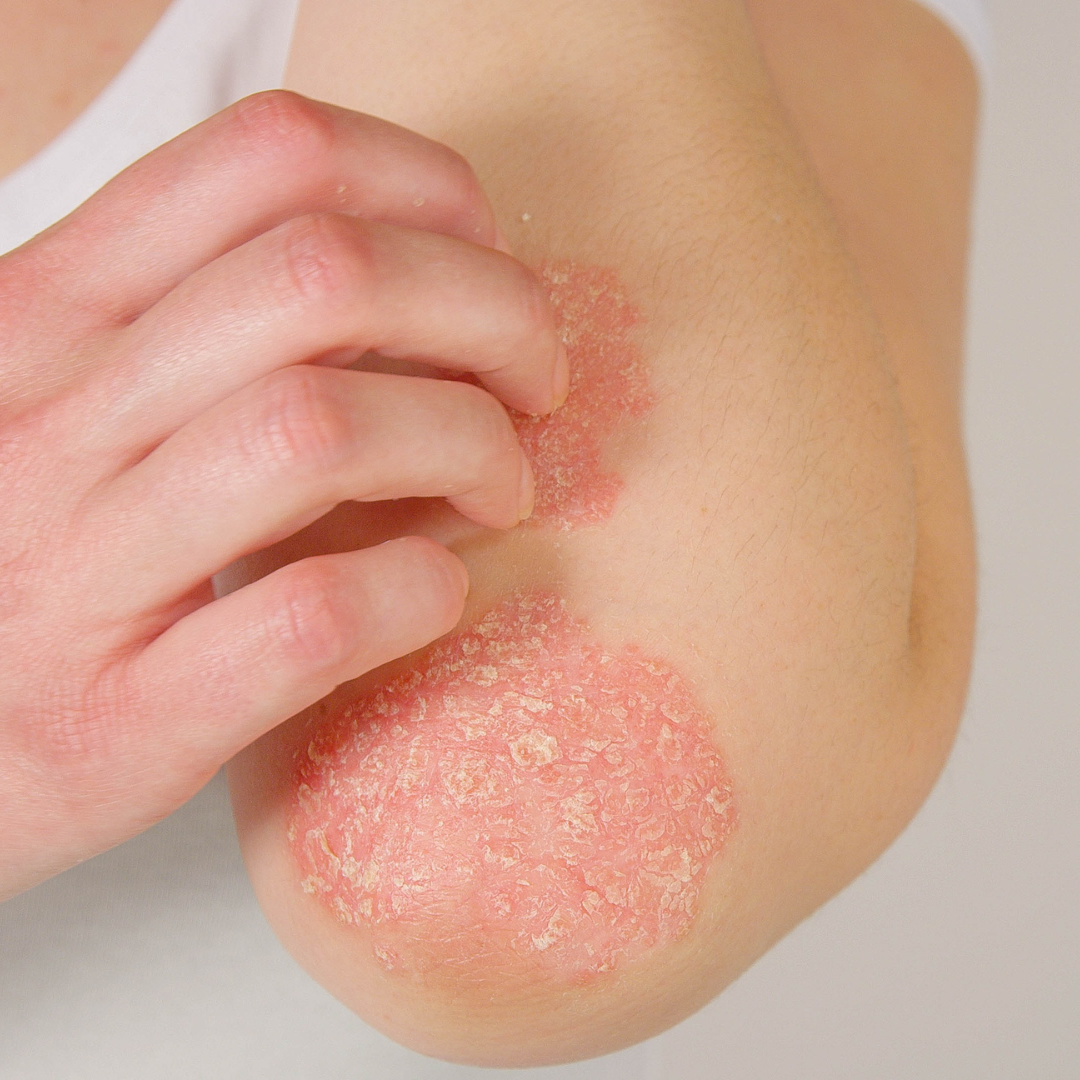
How to treat eczema without a prescription?
Share
Eczema is a common skin condition characterized by red patches, intense itching and dry lesions. There are different types of eczema, such asatopic eczema andcontact eczema. Although consulting a dermatologist is recommended in the event of persistent symptoms, eczema can be treated over the counter with natural treatments and specific products.

Moisturizing: an essential gesture
Moisturization is crucial to eczema relief, especially for dry and atopic skin. Daily use of a suitable moisturizing cream helps restore the skin barrier and prevent eczema flare-ups. Creams enriched with shea butter are particularly beneficial, as they intensely nourish the skin while soothing irritation. Apply several times a day, especially after showering, to keep skin supple and prevent tightness.
Choose skin-friendly products
Skin types affected by eczema require gentle cleansing products. Washing oils are preferable to conventional soaps, which are often too aggressive. These oils gently cleanse the skin without drying it out, thus preserving the lipid barrier. We also recommend avoiding hot water, which aggravates cutaneous dryness, by opting for lukewarm showers.

Soothe itching
Itching is one of the most uncomfortable symptoms of eczema. For an anti-scratching effect, use soothing creams containing natural ingredients such as colloidal oatmeal orcalendula oil. These active ingredients reduce inflammation and quickly soothe irritation. Applying a cold compress to the affected areas can also bring immediate relief.
Reinforce the skin barrier
Atopic eczema is linked to an imbalance in the immune system, making the skin more vulnerable to external aggression. By strengthening the cutaneous barrier, you can limit the onset of new flare-ups. Opt for skin care products rich in ceramides, which help restore the epidermis' structure. Products based onevening primrose oil or shea butter are also recommended for their repairing and protective action.
Avoiding triggers
To prevent eczema flare-ups, it's essential to identify and avoid common irritants. Atopic skin often reacts to synthetic textiles, harsh detergents or allergens. Opt for cotton clothing and use a hypoallergenic detergent. Avoid scratching red patches, which can aggravate inflammation and lead to secondary infections.

Complementary natural care
Natural remedies can also help cure eczema. Applying virgincoconut oil to dry areas soothes and deeply moisturizes the skin. Aloe vera gel is another precious ally: it soothes itching and accelerates the healing of lesions. Colloidal oatmeal baths are also highly effective in soothing irritated skin.
Monitoring the evolution of symptoms
While these solutions can help relieve eczema, it's important to monitor the evolution of eczema symptoms. If the patches become infected, or if the eczema worsens despite treatment, you should seek medical advice. Severe cases may require specific treatments, such as corticosteroid-based creams or immunomodulators, which are only available on prescription.
By adopting a routine adapted to the types of eczema and the specific needs of dry and atopic skin, it's possible to control this skin condition and reduce new flare-ups without resorting to drug treatments.
